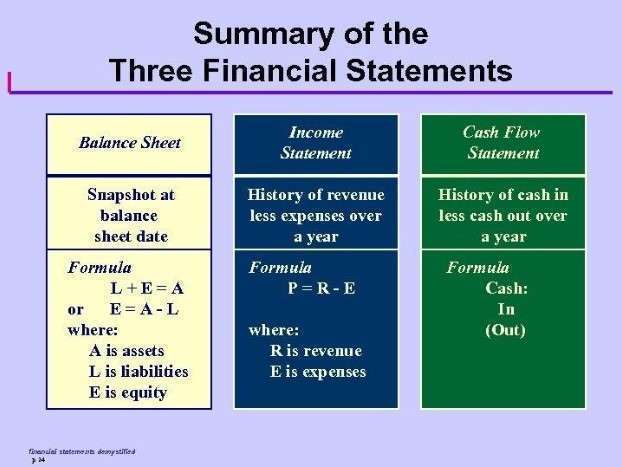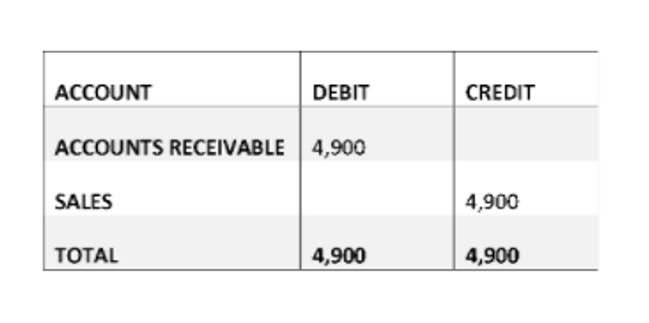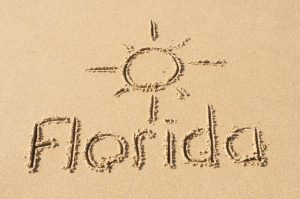Bookkeeping
Hotel Budget: Steps in the Budgeting Process for Hotels

The three major parameters that you use to decide the revenue is the occupancy of the room, ADR, and RevPAR (revenue per room). Here the value of the budget is allowed to change depending on the other conditions. Besides, talking to employees from different levels will help you understand their everyday plights and how to fix them financially. You get to prioritize what’s needed to be accomplished and plan it way ahead (like remodeling the hotel entrance or fixing a broken elevator). Governments and corporations are not the only ones who do this — small businesses do it, too. When creating your budget, Santos has found it is important to share context around the numbers.
- Following are the two budgeting methods that have been used and proven successful in the hotel industry for budget forecasting.
- Look for expense trends in each department and for each line item on the budget.
- Kim has championed numerous successful sales efforts, revenue strategies, and marketing campaigns — all of which landed her a spot on Hotel Management Magazine’s “Thirty Under 30” list.
- Plan for capital expenditures of your hotel departments by forecasting current budgets.
Capital budgets

Still using spreadsheets and rough, unachievable figures to make your hospitality budget? Here are some effective practices you should include for accurate results. This type of budget forecasting is important for the hotel industry as they tend to invest in or upgrade equipment or machinery. This kind of budget forecasting is when the hotel manager presents a budget that consolidates every expense of the company without categorizing them.
- For branded hotels, the brand approves the budget first and then ownership does.
- “Ensuring your teams are compensated on the most important metrics is key to aligning them on delivering your ultimate business goals,” Lund recommends.
- For instance, political instability, natural disasters and even global economic conditions can all have an impact on hotel revenue and expenditure.
- Of course, this isn’t to say hoteliers should only plan for next week or month ahead – but rather, hotel managers need to have a good insight into what they want from their hotel enterprise in the future.
- Present flexible hotel budgeting and forecasting to compensate for variable and erratic revenue patterns of the hospitality industry.
- By regularly monitoring and adjusting the budget, hoteliers can ensure their financial goals and objectives are being met.
Emerging Trends and Strategies
Look for expense trends in each department and for each line item on the budget. Pay attention to housekeeping costs, food and beverage expenses, front-desk staffing needs, fluctuations in electric bills, water usage, and other areas. Some hoteliers forget to include this line item in their budget and find themselves struggling to fill a hole of missing revenue needed to honor team member incentives. Ensure that expenses related to incentives for all departments are accounted for in your upcoming budget, especially if you promote incentive programs when hiring hotel staff.
Annual budget: how to prepare it, and how it’s different from forecasting
This ongoing process can lead to flexibility and adaptability, enabling the hotel to respond effectively to changing market conditions and trends. Ultimately, it contributes to the overall success and profitability of the hotel. By setting SMART goals, hoteliers can effectively measure their progress towards achieving financial targets and stay focused on their long-term objectives. These goals serve as benchmarks for success and provide a framework for evaluating the effectiveness of budgeting strategies and resource allocation. Present flexible hotel budget to compensate for variable and erratic revenue patterns of the hospitality industry.

Business Intelligence
Adjust the variable staffing formula as necessary to improve productivity while accounting for optimal staffing needs. From innovative technology to changing customer trends and sudden pandemics, you must be on your toes to stay in front of the crowd. Modern hoteliers have outgrown these processes and require automation, precision, and predictive capabilities. There’s no bigger waste of time and money than manually building out your forecasts in Excel. And let’s not forget about the risk of human errors and formula mishaps (like the dreaded #REF!). The first key difference relates to the purpose and objectives of each process.


Of course, this isn’t to say hoteliers should only plan for next week or month ahead – but rather, hotel managers need to have a good insight into what they want from their hotel enterprise in the future. A hotel’s group business segment can have a significant impact on its annual budget. When hotels wash group rooms, they are anticipating cancellations, early departures, no-shows, and other factors that could influence hotel occupancy. Identifying key areas for investment helps hotels allocate resources strategically for maximum business performance.
AI for Hotels: A Guide to Artificial Intelligence for Hospitality Leaders
Surprisingly, Lund finds many hotels don’t yet use the USALI, and create unnecessary friction for themselves. David Santos, Chief Financial Officer at Savoy Hotel & Beach Club, also contributed. If housekeeping expenses have been higher in the first and third quarter the past three years, for example, anticipate the same trend next year. Allocate for more expenses in the first of third quarters and look for opportunities to cut costs. Carefully monitor and manage group room blocks throughout the year for accurate budgeting and reporting. Each year, update your staffing guide to include new positions and track salary changes.
Collaboration is Key to the Process
There are budgets that are irrelevant to the revenue and profit generated, and their amount value will not be modified while carrying out the actual activity. Capital budgets include huge investment items that continue to generate value https://www.bookstime.com/ for a long period of time. You need people to maintain the property, take care of the bookings and accounting, cook food, and clean the place. A fair share of your budget goes to their salary, insurance, extra hours, and other benefits.
If your hotel has been patching a problem for years, it will need to be corrected eventually. Allocate budgeting expenses for unexpected hotel repairs, especially if weather patterns or other factors have a considerable influence in your area. How does that number compare to how much revenue your hotel had brought in at the same time last year? Look for trends in market segment performance, negotiated account pickup, dramatic ADR or RevPAR fluctuations, or other unusual trends.

